The Federal Government has cancelled the policy mandating the use of indigenous languages as the medium of instruction in Nigerian schools.
The Minister of Education, Dr. Tunji Alausa, announced this on Wednesday at the 2025 Language in Education International Conference organised by the British Council in Abuja.
The National Language Policy (NLP), introduced in 2022, had directed that pupils from Early Childhood Education to Primary Six be taught in their mother tongue or the language of their immediate community. It aimed to promote indigenous languages and improve early learning outcomes.
However, Dr. Alausa said recent evidence shows the policy hurt rather than helped learning.
“Using the mother tongue language in Nigeria for the past 15 years has literally destroyed education in certain regions,” he said. “We have seen mass failure in WAEC, NECO, and JAMB, especially in areas that over-adopted mother-tongue instruction.”
According to him, data revealed that students taught mainly in local languages performed poorly in national exams and struggled with English comprehension.
“This is about evidence-based governance,” the minister added. “English now stands as the medium of instruction from pre-primary to tertiary levels.”
He urged those with opposing views to present verifiable data to support their stance, saying the government remains open to dialogue that will strengthen education quality.
The Minister of State for Education, Prof. Suwaiba Ahmed, said the government is developing a new training package to help teachers improve pupils’ literacy and numeracy skills at the foundation level.
Also speaking, the British Council Country Director, Donna McGowan, pledged continued support for Nigeria’s education reforms, especially in teacher training and language proficiency.


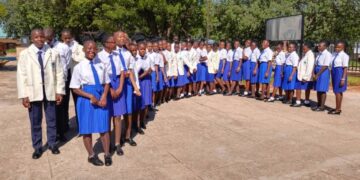
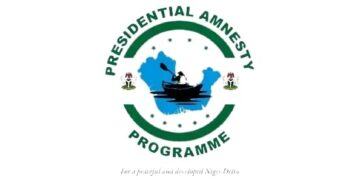


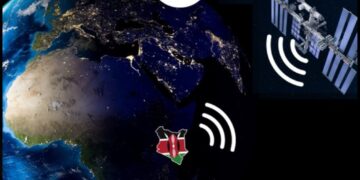





























































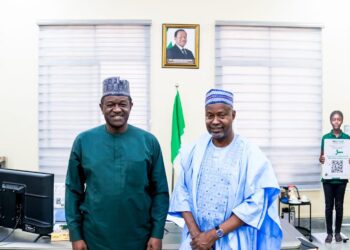
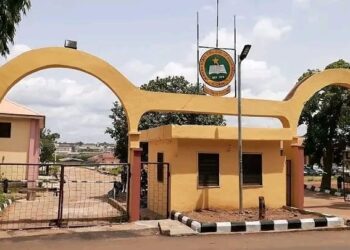
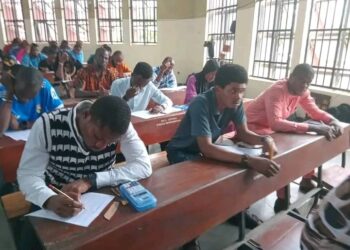
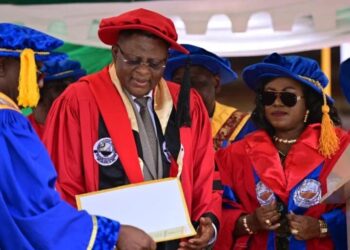

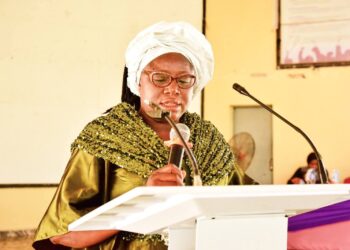










 EduTimes Africa, a product of Education Times Africa, is a magazine publication that aims to lend its support to close the yawning gap in Africa's educational development.
EduTimes Africa, a product of Education Times Africa, is a magazine publication that aims to lend its support to close the yawning gap in Africa's educational development.